detail profile fernando p c3 a9rez
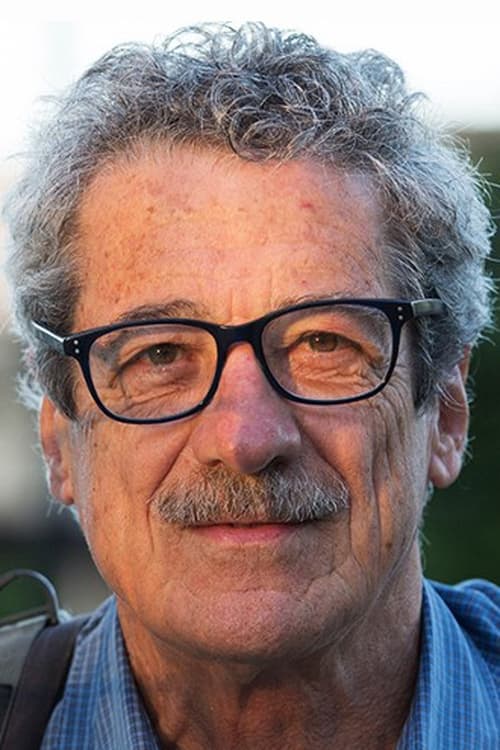
Fernando Pérez
Fernando Pérez Valdés
atau dikenal sebagai
Riwayat Hidup
Fernando Pérez Valdés (born November 19, 1944; Havana) is a Cuban film director and writer, with a degree in Hispanic Language and Literature from the University of Havana.
He has taught Film Appreciation and Film History courses at the International Film School of San Antonio de los Baños.
Since 1962 he has been linked to cinema, first as a production assistant and then as an assistant director.
In 1975 he debuted as a documentary filmmaker, also making numerous editions of the Latin American ICAIC News.
He began his career as a feature film director in 1987 with Clandestinos, a film that would earn him great recognition from national and international critics.
Throughout his career he has received numerous awards at different festivals both in Cuba and abroad, being awarded with the National Film Award in 2007.
He was also awarded the Casa de las Américas Prize for his book Correspondents of War.
Info Pribadi
Peran Yang Di Mainkan Fernando Pérez
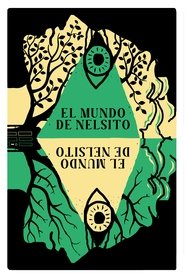 A car accident The victim is...
A car accident The victim is...Nelsito's World 2022
A car accident. The victim is Nelsito, a 16-year-old autistic teenager, who has runaway from home. From his stretchter and through his imaginary pen, Nelsito reveals the dark and hidden side of all those around him: perverse children, murderous women, adorable swindling girls... Until he recovers...
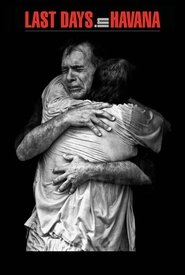 The story of a friendship in...
The story of a friendship in...Last Days in Havana 2016
The story of a friendship in a city on the verge of substantial change. Miguel dreams of settling in New York while he waits for a visa that never seems to arrive, and Diego, a HIV-positive homosexual man, puts his dreams and cheerfulness to good use in his struggle to carry on enjoying every single day of his life from a rickety old bed in his small bedroom.
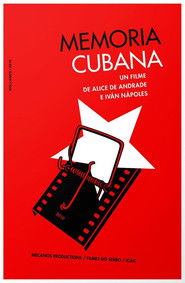 Through the files of Cuban cinema...
Through the files of Cuban cinema...Memória Cubana 2010
Through the files of Cuban cinema news program Noticieros ICAIC Latinoamericanos, the documentary shows the most relevant events of the second half of the 20th century as seen by the documentary filmmakers of the island. During three decades and under the general direction of Santiago Álvarez, these moviemakers witnessed almost everything: from the shivers of the Cold War to Bola de Nieve's piano solos; from the discovery of the killing fields in Cambodia to the Carnation Revolution in Portugal. In 2009, the original negatives of Noticieros ICAIC Latinoamericanos were declared part of the "world memory" by UNESCO.
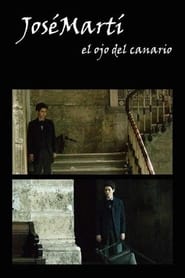 This historical drama depicting different phases...
This historical drama depicting different phases...José Martí, the Eye of the Canary 2010
This historical drama, depicting different phases in the late childhood and youth of the so-called "Apostle of Cuba" José Martí, is most of the time a biopic full of commonplaces often found in this genre, directed by Fernando Pérez, one of the most respected names in Cuban cinema.
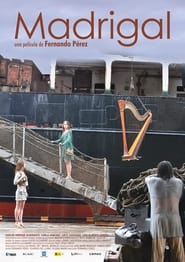 Javier is an actor with an...
Javier is an actor with an...Madrigal 2007
Javier is an actor with an affinity for writing. When he begins his love story with Luisita, he does not know where the truth begins and ends. Fifteen years later he has converted his story into literature that relates his tragic love story in a creative way.
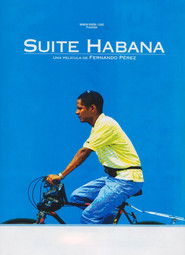 Dawn breaks in La Habana and...
Dawn breaks in La Habana and...Suite Habana 2003
Dawn breaks in La Habana, and as the day advances we follow the simple lives of ten ordinary Cubans, with only sounds and images accompanied by music.
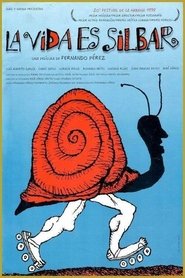 Three characters in presentday Havana must...
Three characters in presentday Havana must...Life Is to Whistle 1998
Three characters in present-day Havana must choose between clinging to their self-restricting beliefs, or getting rid of them to live more freely. Ballerina Mariana has promised God celibacy if she gets the role of "Giselle"; Social-worker Julia always faints after hearing a certain word; and pot-smoking percussionist Elpidio was abandoned by his mother, coincidentally named Cuba, some time ago and has not yet gotten over the loss.
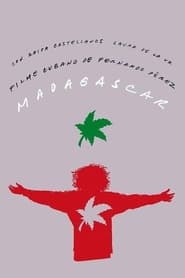 The 50minute Madagascar has the resonance...
The 50minute Madagascar has the resonance...Madagascar 1995
The 50-minute "Madagascar" has the resonance and eloquence of the best poetry, as it deftly turns an adolescent's search for identity into a metaphor for socialist Cuba. Laura is a professor at a shabby, stultifying college. Her daughter, Laurita, stops going to school, wishes to move to Madagascar and quickly races through several phases. One day, she looks like a heavy-metal fan, another like a bohemian who weeps at poetry and art. Slowly, she crosses the line from ordinary adolescent confusion to intense neurosis and beyond, finally becoming so obsessed with religion and good works that she brings 10 homeless children into the cramped house she shares with her mother and grandmother.
 In 1950s Havana a romance blooms...
In 1950s Havana a romance blooms...Living Dangerously 1987
In 1950s Havana, a romance blooms between two young revolutionaries whose clandestine printing press publishes pamphlets meant to stir up rebellion against the dictatorship of Fulgencio Batista. As their popularity grows, so, too, does their revolutionary zeal and their desire to mobilize other urban guerilla units.
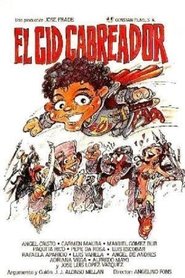 Rodrigo Daz de Vivar Mio Cid...
Rodrigo Daz de Vivar Mio Cid...The Angry Cid 1983
Rodrigo Díaz de Vivar, “Mio Cid”, is in love with Jimena, but the Count of Oviedo, his father, challenges him to a duel and is killed. He before him curses Rodrigo, that if he marries Jimena, he will lose his manly faculties. And, in fact, when he gets married, Rodrigo becomes effeminate.
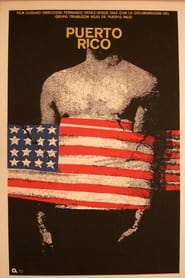 Presents a socioeconomic analysis of present...
Presents a socioeconomic analysis of present...Puerto Rico 1975
Presents a socio-economic analysis of present day Puerto Rico. Uses archival footage, re-enactments of historic events, and interviews with participants to recount the long history of U.S. involvement in Puerto Rico and the anti-colonial struggle.
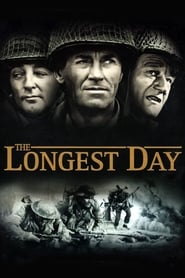 The retelling of June 6 1944 from the...
The retelling of June 6 1944 from the...The Longest Day 1962
The retelling of June 6, 1944, from the perspectives of the Germans, US, British, Canadians, and the Free French. Marshall Erwin Rommel, touring the defenses being established as part of the Reich's Atlantic Wall, notes to his officers that when the Allied invasion comes they must be stopped on the beach. "For the Allies as well as the Germans, it will be the longest day"
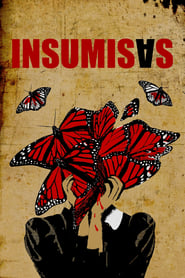 Santiago de Cuba January 19th 1819 Coming...
Santiago de Cuba January 19th 1819 Coming...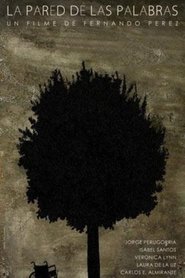 A mother struggles to hold her...
A mother struggles to hold her...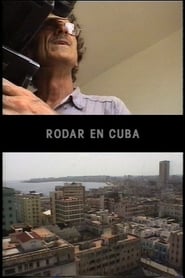 Documentary Short Film
Documentary Short Film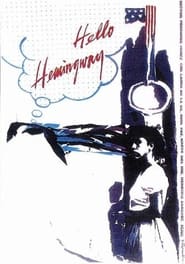 The plot set in Havana in...
The plot set in Havana in...